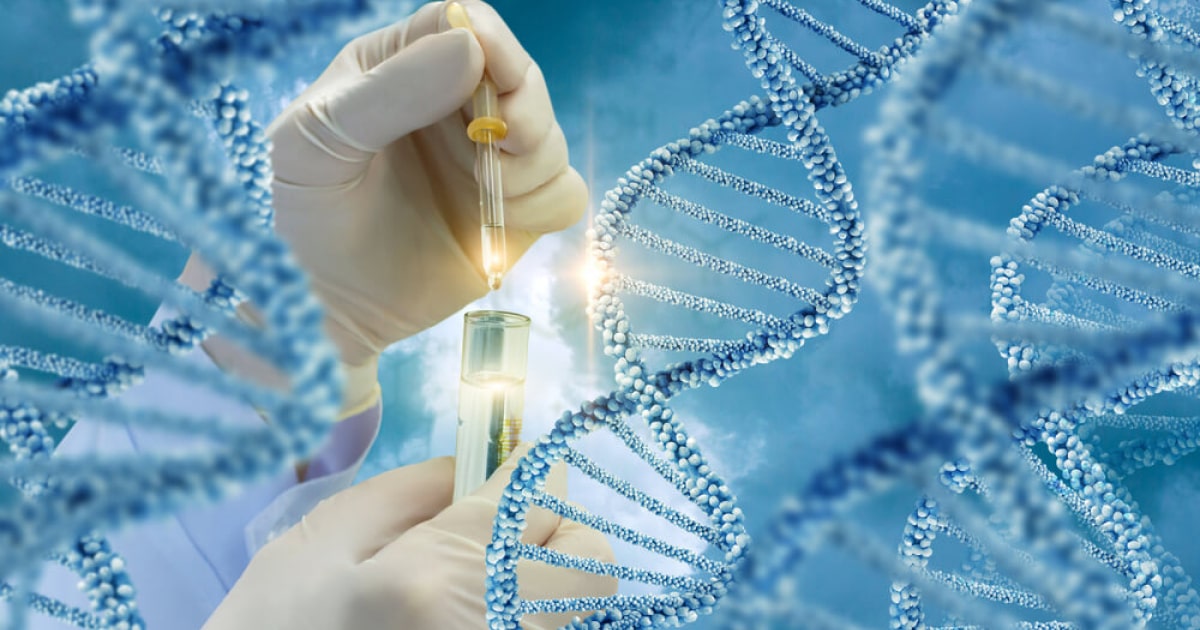
Expert Reviewed By: Dr. Brandon Colby MD
Bone mineral density (BMD) is a crucial factor in determining bone strength and the risk of developing osteoporosis. BMD quantitative trait locus 1 (QTL1) is a genetic factor that plays a significant role in influencing BMD. Understanding, diagnosing, and using genetic testing for this disease can provide valuable insights into the underlying causes and potential treatments for individuals with low BMD and osteoporosis. This article will delve into the latest research on QTL1 and the benefits of genetic testing.
Unraveling the Genetic Factors: QTL1 and Bone Mineral Density
Recent studies have shed light on the genetic factors influencing BMD, particularly the role of QTL1. Expression Quantitative Trait Locus Study of Bone Mineral Density GWAS Variants in Human Osteoclasts identifies 32 eQTL associations for BMD GWAS loci, providing valuable information for functional studies of osteoclast biology. This research not only helps to understand the genetic factors affecting BMD but also provides potential therapeutic targets for osteoporosis treatment.
Comprehensive Analysis of Genetic and Epigenetic Mechanisms
A deeper understanding of the genetic and epigenetic mechanisms of BMD and osteoporosis is crucial for developing effective treatments. The study Comprehensive Analysis of the Genetic and Epigenetic Mechanisms of Osteoporosis and Bone Mineral Density investigates these mechanisms, providing new insights into the pathogenic processes and potential therapeutic targets for osteoporosis and BMD-related conditions.
Genetic Variants and B Vitamins: A Complex Relationship
The relationship between genetic variants and B vitamins is another important aspect of understanding BMD and osteoporosis. Genetic variants modify the associations of concentrations of methylmalonic acid, vitamin B-12, vitamin B-6, and folate with bone mineral density reveals that some genetic variants in the 1-carbon methylation pathway modify the association of B vitamin and biomarker concentrations with bone density and strength. This finding highlights the complex interplay between genetic factors and nutritional status in determining BMD.
Benefits of Genetic Testing for BMD and Osteoporosis
Genetic testing can provide several advantages for individuals with BMD-related conditions and osteoporosis. Some of the benefits include:
- Early diagnosis: Genetic testing can help identify individuals at risk for low BMD and osteoporosis before they develop symptoms, allowing for early intervention and prevention strategies.
- Personalized treatment: By understanding the specific genetic factors influencing an individual's BMD, healthcare professionals can develop targeted treatment plans that address the underlying causes of low BMD and osteoporosis.
- Family planning: Genetic testing can inform individuals of their risk of passing on BMD-related genetic factors to their children, assisting in family planning decisions.
- Research advancement: As more individuals undergo genetic testing for BMD and osteoporosis, researchers can gain a better understanding of the genetic factors involved in these conditions, ultimately leading to the development of more effective treatments.
Choosing the Right Genetic Test
There are various genetic tests available for BMD and osteoporosis, and it is essential to choose the right one for your specific needs. Some factors to consider when selecting a genetic test include:
- Accuracy: Ensure that the genetic test you choose has a high level of accuracy and is validated by scientific research.
- Comprehensiveness: Opt for a test that covers a wide range of genetic factors related to BMD and osteoporosis to gain a complete understanding of your genetic risk.
- Accessibility: Choose a test that is easily accessible, either through your healthcare provider or a reputable direct-to-consumer testing company.
- Support: Select a test that comes with professional support, such as genetic counseling, to help you understand and interpret your results.
In conclusion, understanding and diagnosing BMD QTL1, along with utilizing genetic testing, can provide valuable insights into the causes and potential treatments for low BMD and osteoporosis. By staying informed and proactive about your bone health, you can take steps to maintain strong bones and reduce your risk of developing osteoporosis.
About The Expert Reviewer
Dr. Brandon Colby MD is a US physician specializing in the personalized prevention of disease through the use of genomic technologies. He’s an expert in genetic testing, genetic analysis, and precision medicine. Dr. Colby is also the Founder of and the author of Outsmart Your Genes.
Dr. Colby holds an MD from the Mount Sinai School of Medicine, an MBA from Stanford University’s Graduate School of Business, and a degree in Genetics with Honors from the University of Michigan. He is an Affiliate Specialist of the American College of Medical Genetics and Genomics (ACMG), an Associate of the American College of Preventive Medicine (ACPM), and a member of the National Society of Genetic Counselors (NSGC)